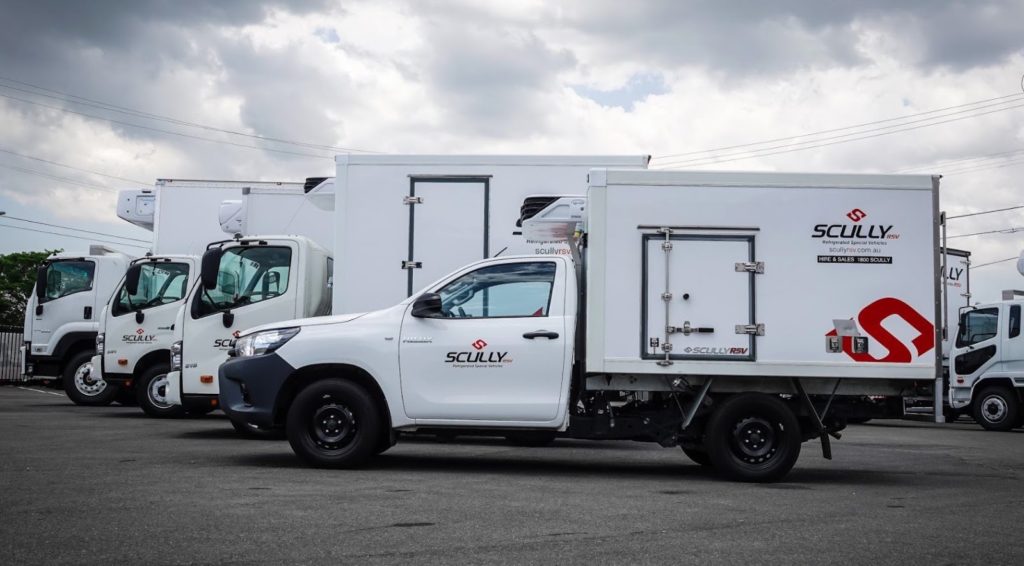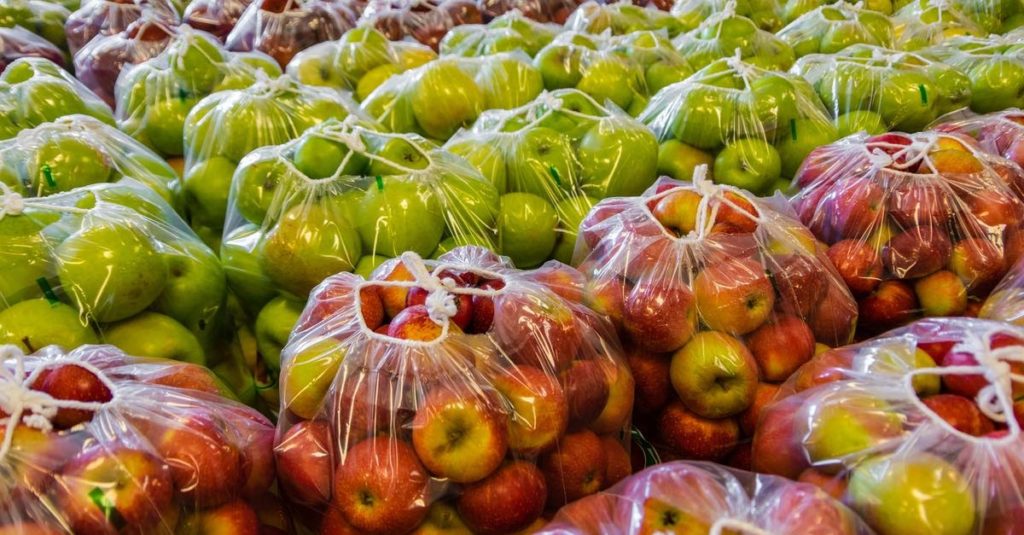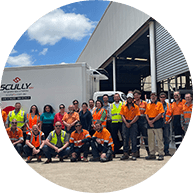Food Delivery Vehicles and Their Role in the Supply Chain
When there’s mention of food delivery vehicles, it’s likely that your first thought is the B2C food delivery service that you experience firsthand from restaurants. And what we’ve seen recently, with more people homebound than ever before, is the huge reliance on the capabilities of these services. They’re growing in numbers, and faster than they ever have before. But have you ever wondered about how restaurants get their food?
Business-to-Consumer Food Delivery

It’s never been easier to be a consumer. Home deliveries are growing in attention, and with it, an increase in capital funding. The online food delivery industry’s largest segment is Restaurant-to-Consumer Delivery, with 2020 statistics showing revenue of US$1.852m. This number is expected to grow due to the simplicity of ordering food on your phone and having it arrive at your door. While some businesses own and operate their food delivery vehicles, it’s the delivery companies that profit from this by supplying all the equipment necessary to complete this service.
Business-to-Business Food Delivery
In comparison to serving customers, the Food and Ingredient Delivery Sector for Businesses receives not nearly as much attention or capital funding. Food preparation facilities, such as restaurants, hotels, schools and caterers, often face a number of challenges in receiving the ingredients needed to prepare food for their customers.
Food Service Distribution
All of these food-preparation facilities rely on relationships with distributors and farms to receive their produce. For fresh produce, meat, seafood and dairy products, these facilities rely on wholesale distributors and delivery service providers. Each distributor employs its refrigerated trucks and staff to meet demand.
Food Service Distribution Challenges
 The expectation for businesses to receive the same service that customers receive is often missed. Businesses are typically met with delays in timeliness and also face risks of third parties handling perishable food. If perishable food items are handled incorrectly, there are risks for food spoilage, damage to goods and a shorter than expected shelf life. This can significantly impact the quality of food leaving the food preparation facility.
The expectation for businesses to receive the same service that customers receive is often missed. Businesses are typically met with delays in timeliness and also face risks of third parties handling perishable food. If perishable food items are handled incorrectly, there are risks for food spoilage, damage to goods and a shorter than expected shelf life. This can significantly impact the quality of food leaving the food preparation facility.
How Businesses Can Reduce These Challenges
Businesses must do their research on the quality of service provided by these distributors, and of course, essential food safety protocols. The most important consideration you face as a business is ensuring that the food you receive maintains its best possible quality throughout the supply chain.
In Australia, 90% of food is transported using refrigerated trucks. To prevent the spoilage of food, the Australian food industry relies on the technology of food transport vehicles. As a business owner seeking a distributor, it’s recommended that you ask questions about the specific features of the refrigerated service vehicles being used to deliver your food. Features such as temperature control, heat-lock mechanisms and overall structural integrity of these vehicles all directly contribute to the safety of your food. If a distributor is unwilling to share information about their truck’s features with you, it’s best to continue with your search.
Consider Hiring Your Food Delivery Vehicles

If your business is in a position to do so, hiring a refrigerated truck can significantly outweigh the benefits of relying on a third-party distributor. This gives you complete control of your supply chain, ensuring safety and timeliness every step of the way. Looking after this process yourself can also be a more cost-effective solution. If you’ve developed strong relationships with your food wholesaler or farm, cutting out the middleman can allow your business to strengthen its competitive advantage in the way it receives food.
Contact Scully RSV To Hire a Fleet of Food Delivery Vehicles
Solve all your foodservice distribution challenges by hiring one or more temperature-controlled food delivery vehicles. If you opt for long-term hire, you get the added benefit of being able to promote your business on the vehicle with Scully RSV’s custom fit-outs! For more information, please don’t hesitate to contact us.


